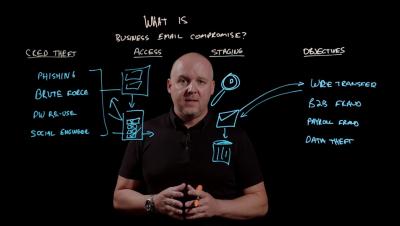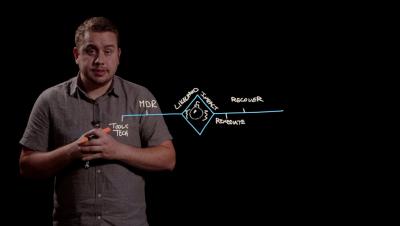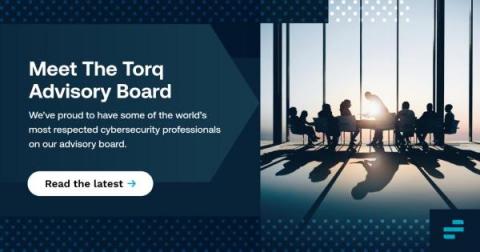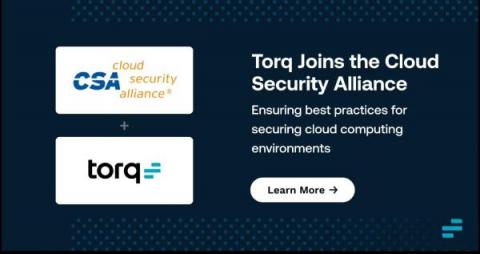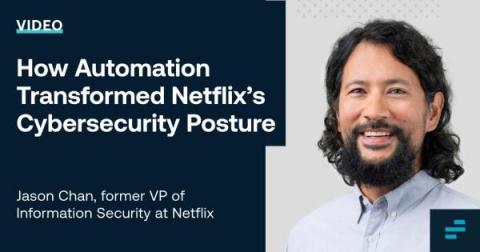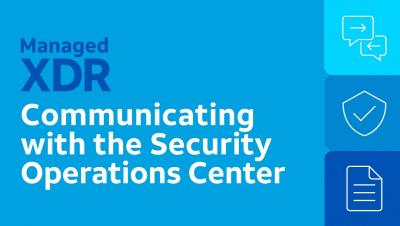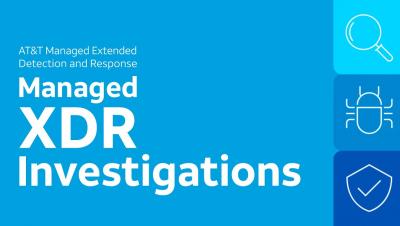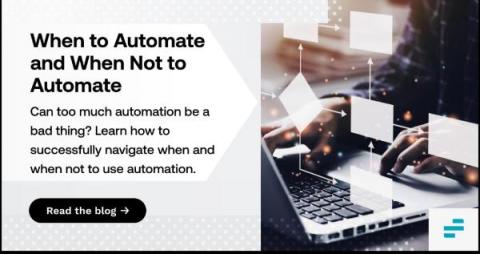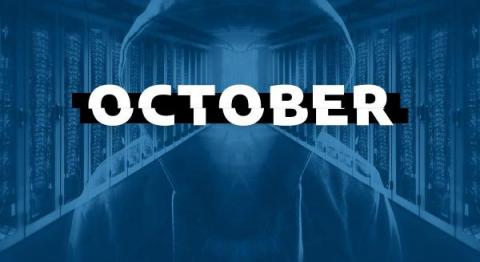Security | Threat Detection | Cyberattacks | DevSecOps | Compliance
November 2022
How Arctic Wolf Disrupts Business Email Compromise Attacks
Incident Response Can Stop Attacks and Reduce Cyber Risk
Thinking of a SecOps Platform? Showing ROI Just Got Easier
As threats have continued to evolve, enterprises have made significant investments in security infrastructure and security operations is maturing. C-Suites and Boards are increasingly involved in security decision making and studies show that they are doubling down on security investments, which are expected to grow from $262.4 billion in 2021 to $458.9 billion in 2025.
Evolution of the SOC - From the Dark Ages to Enlightenment, shifting to an agile threat informed cyber defense program
Evolution of the SOC – From the Dark Ages to Enlightenment, shifting to an agile threat informed cyber defense program How important is the Security Operations Center (SOC) to a business and a security leader's overall success? The answer is a bit cloudier than one would believe, given the length of time the SOC has been part of our security program lexicon.
Torq Announces Advisory Board Featuring Global Cybersecurity Visionaries
Torq's No-Code Security Automation Solution Now Available in AWS Marketplace
How Automation Playbooks Double Down on the Value of SOARs
What is Smishing? | Cyber Linguistics
Torq Joins the Cloud Security Alliance
Modern SOC and MDR services series I: What they are, why they matter
Inadequate cybersecurity is a severe issue that challenges SMBs and enterprises indiscriminately, putting them at risk. Reasons for the business impact include: To help businesses navigate cybersecurity risks, many delegate to internal or external security operation centers (SOC).
Jason Chan on How Automation Transformed Netflix's Cybersecurity Posture
Jason Chan, a key member of the Torq Advisory Board, has spent more than 20 years working in pivotal cybersecurity roles. One of his most important positions was leading the information security organization at the video streaming behemoth Netflix for more than a decade. His Netflix team set the bar extraordinarily high, focusing on sophisticated risk assessment and management, and compliance management strategies and approaches.
AT&T Managed Extended Detection and Response: Communicating with the Security Operations Center
AT&T Managed Extended Detection and Response: Investigations
What Is Cloud Detection and Response and Why Do You Need It?
How to Build an Automation Strategy and Roadmap
“If you fail to plan, you plan to fail,” said Benjamin Franklin. These words cannot be overstated in most business fields, especially when it comes to automation. Process automation has the potential to enhance operations in most organizations, but problems can emerge when they don’t plan and strategize around their automation objectives.
When to Automate and When Not to Automate
Everyone loves automation, and it can be easy to assume that the more you automate, the better. Indeed, falling short of achieving fully autonomous processes can feel like a defeat. If you don't automate completely, you're the one falling behind, right? Well, not exactly. Although automation is, in general, a good thing, there is such a thing as too much automation. And blindly striving to automate everything under the sun is not necessarily the best strategy. Instead, you should be strategic about what you do and don't automate.
The Top Cyber Attacks of October 2022
CVE-2022-3602 and CVE-2022-3786 - OpenSSL 3.0.X Critical Vulnerabilities
Redis' Andrew DiMichele: How to build engaged SecOps teams that stay ahead of attackers
In this episode of the Future of Security Operations, Thomas speaks with Andrew DiMichele, Director of Security Operations at Redis, whose background is building security operations programs. Andrew's security journey began in the US Air Force Reserves and has brought him to CISCO, banking, IBM, and Citrix.



